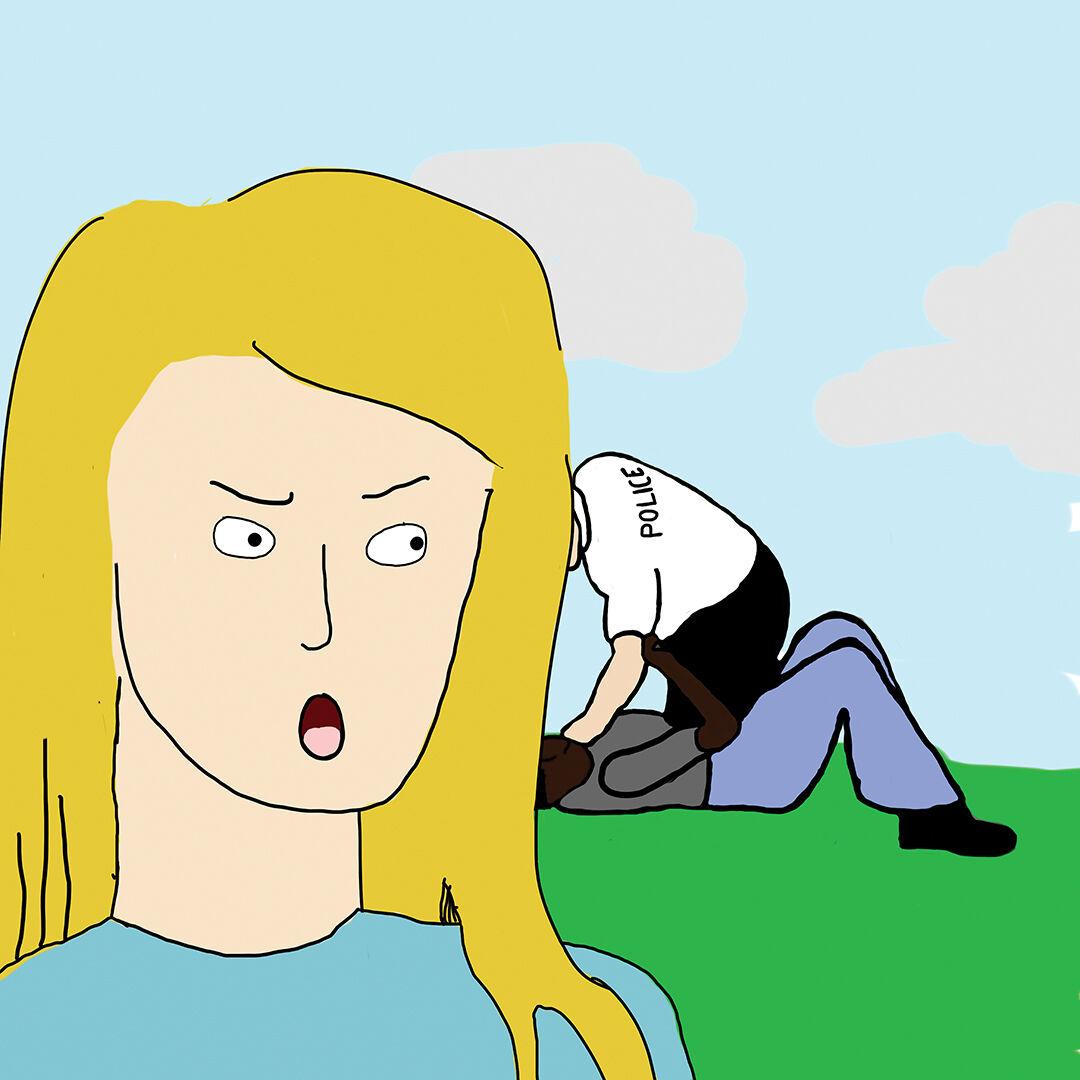The foundation of being an ally is recognizing that your experience in life is different and possibly easier than that of a member of a minority group. Therefore, it is important that allies study the plight of minorities to better assist their fight for equality and never mistake themselves as being members of that struggle.
“Allies” are people who recognize the various disparities that exist in our society and who are not necessarily affected by such injustices but are dedicated to supporting the individuals who are.
Alliances provide much needed refuge and acceptance for the often-ostracized groups, as well as providing the presence and engagement needed for concrete change like legislation.
From the beginning of the fight for the liberation of African Americans in the United States, there have been white people there supporting the movement every step of the way. Abolitionists like William Lloyd Garrison and John Brown or politicians like President Lyndon B. Johnson and President John F. Kennedy were not affected by the issues of Jim Crow or slavery but they gave their assistance to the movement regardless.
It is undeniable that support from white allies played a role in the success of the many milestones of the black plight. The multicultural support of the black movement proves that the value of civil rights extends far beyond something as trivial as race but instead an extension of the human condition.
However, as an ally, it is paramount that you not only study the history and intricacies of whatever form of oppression you seek to assist the fight against, but more importantly listen and be receptive of the perspective of the person that is affected.
Part of ostracism is not validating the feelings of the person who is affected. Making them feel irrational or wrong is the very tactic that does the most to alienate oppressed people in the first place. Therefore, as an ally this should be something you never do even if you disagree with the person you are trying to be an ally to.
Let intercultural debate stay among members of that culture. Your job as an ally is not to discuss which aspects of the minority experience are harmful enough to be taken serious. Your job is to help with whatever aspects the minority group deems pertinent.
You may give insight and add to the dissection of the issues but autonomous assistance can easily become control and subjugation thus diminishing the amount of “help” you are actually giving.
What makes an oppressor bad is not the idea that they push a person to feel. It is the fact that they think they have the authority to tell people how to feel. So as an ally you should never question or argue the validity of the experience of an affected person.
Since they live the life and you do not, their interpretation of an issue will always be more credible than yours.
If you deny or attempt to control any part of the way the oppressed individual feels, you are no different from the oppressor who attempts to control the people by denying the problem altogether. Partial liberation is not liberation at all. Only when all freedoms are achieved is when someone is truly free.
Carrington Tatum is an electronic media freshman
Categories:
Allies should know their role
April 30, 2017
Illustration by: Israel Gonzalez | Staff Illustrator
0
Donate to The University Star
Your donation will support the student journalists of Texas State University. Your contribution will allow us to purchase equipment and cover our annual website hosting costs.
More to Discover






